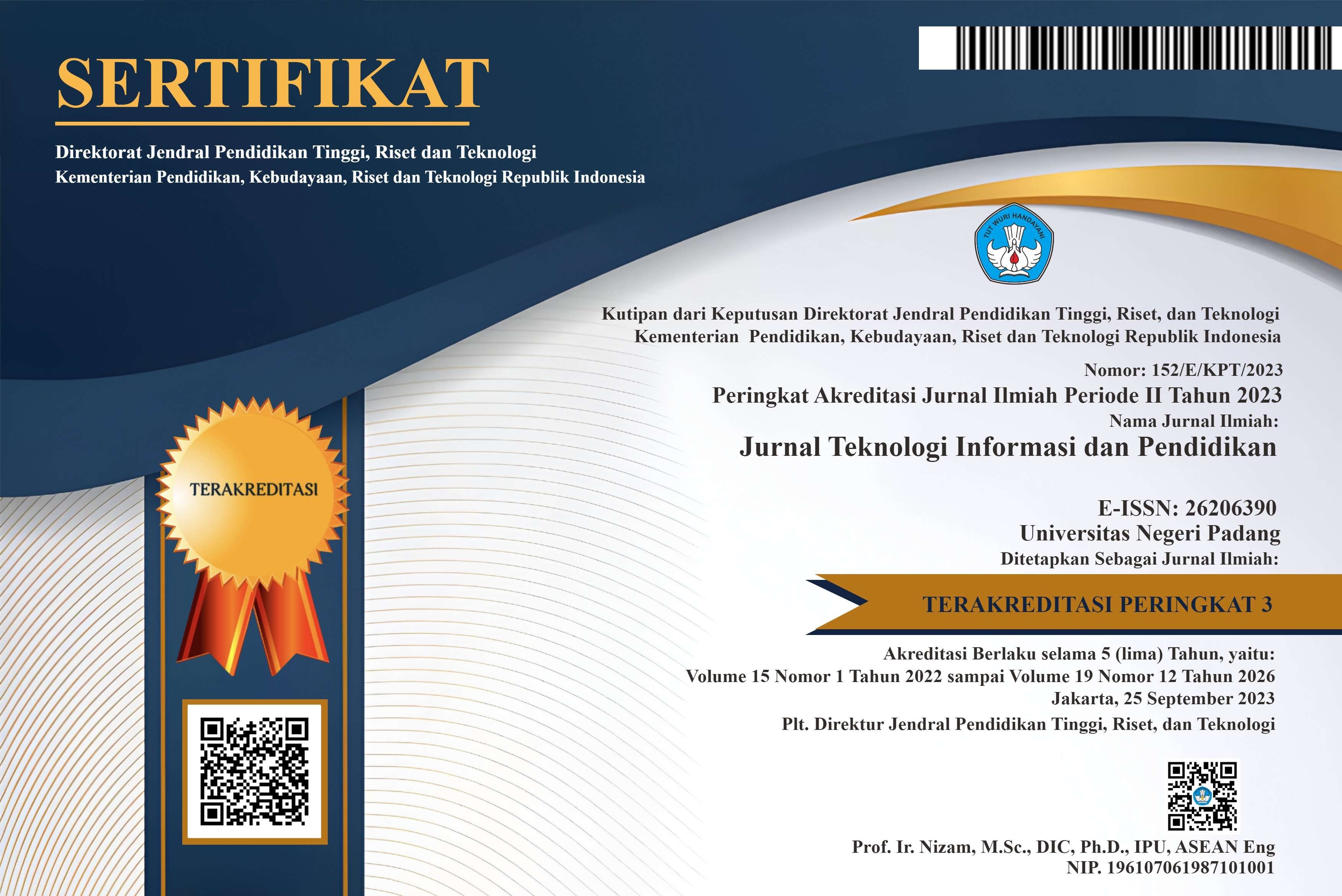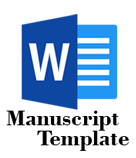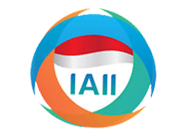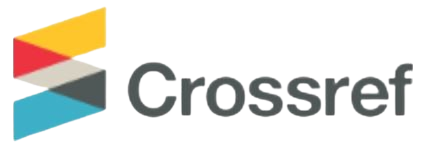PENGEMBANGAN LINGKUNGAN BELAJAR BLENDED LEARNING BERBASIS LEARNING MANAGEMENT SYSTEM BAGI MTs. MUHAMMADIYAH DI KABUPATEN SOLOK
DOI:
https://doi.org/10.24036/tip.v12i2.240Keywords:
Industrial Revolution 4.0, Learning environment, Blended Learning, Learning Management System, MTs. MuhammadiyahAbstract
Industrial Revolution 4.0 has provided changes in various aspects of social life, one it’s changed in the Education sector which called by Education 4.0, utilizing information and digital technology as a supporting technology on the educational process, both in administration and learning processes. This effort to adopt this technology into education is also carried out by private education institutions, including MTs. Muhammadiyah (MTs.M) in Solok Regency, which is part of the junior secondary education. As a private educational institution, MTs.M realizes it is very urgent to increase the competitiveness and the quality of its education, which one of it effort is an integration of technology in the learning process called Blended Learning (BL) through the development of Learning Management systems (LMS) used in online learning management. The experimental method is used to see the improvement of teacher knowledge and skills in LMS-based BL which begins with a survey of school readiness and teacher competencies in BL, then continues with the LMS-based BL training activities for 30 teachers from 9 MTs.M. Pre and Post Training Questionnaire design is used in data collection. The results of this research data show an increase in teacher competence in LMS-based BL, with high enthusiasm in developing LMS as a learning system in each MTs.M.















.png)














